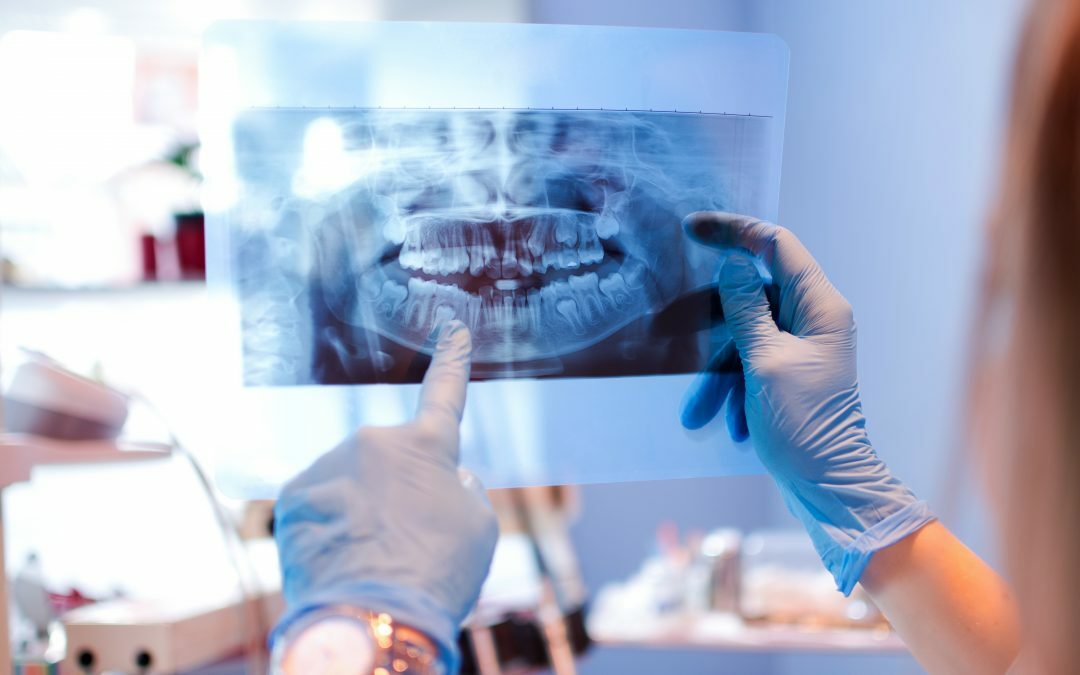Jaw surgery is performed on thousands of dental patients each year. While choosing the right professional to perform your oral surgery is vital, it also helps to inform yourself as a patient of the main benefits, risks, and preparation steps of some basic types of oral surgeries. Here’s what all patients considering jaw surgery should know before making their appointment or meeting with an oral surgeon.
When is the right time for jaw surgery?
Your oral surgeon can recommend the right time for jaw surgery, but in most cases, it’s important to make sure the jaw is fully finished growing. Jaw surgery is appropriate after growth stops, usually around ages 14 to 16 years for females and ages 17 to 21 years for males, according to Mayo Clinic. Again, if you have questions, consult your jaw surgeon.
How is jaw surgery performed?
It should come as no surprise that jaw surgery is performed differently depending on the facial anatomy of the patient as well as surgery type. However, they typically involve several of the same steps:
“Your surgeon makes cuts in the jawbones and moves them into the correct position. Once your jaw movement is completed, tiny bone plates, screws, wires, and rubber bands may be used to secure the bones into their new position. These screws — which are smaller than a bracket used for braces — become integrated into the bone structure over time,” says Mayo Clinic.
What are the risks of jaw surgery?
As is the case with all medical procedures, jaw surgeries aren’t risk-free. Potential complications include blood loss, infection, nerve injury, fracturing, need for more surgery, biting problems, and more. However, patients who follow their oral surgeon’s advice both before and after their selected surgery is complete are much less likely to experience these complications. Don’t hesitate to ask your oral surgery professional about what other steps you can take to mitigate your risk of complications.
Ultimately, staying informed about your dental care or jaw surgery needs can help you stay relaxed and at ease when the time comes to get the procedure. For more information about jaw surgeries or tooth extractions, contact Lincoln Oral and Maxillofacial Surgery.

